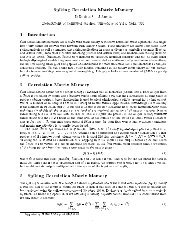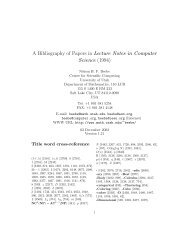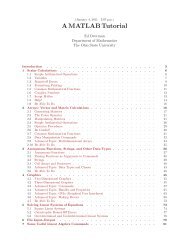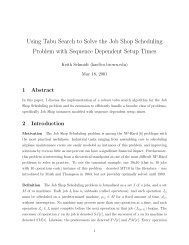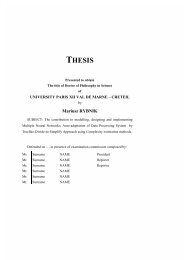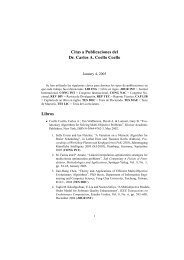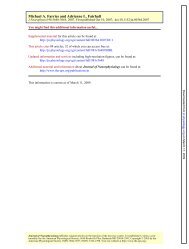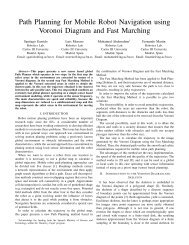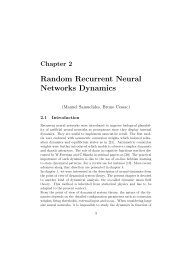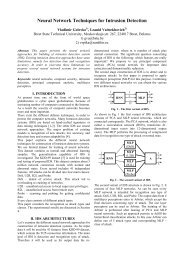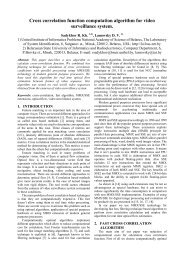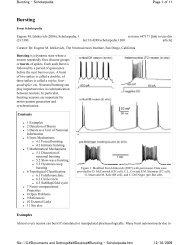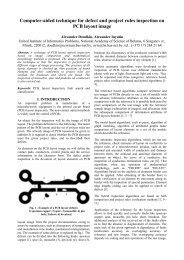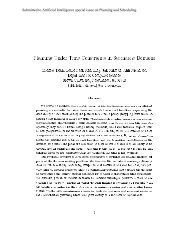NYT-1201: STATE OF THE ART A Thermostat That's Clever, Not ...
NYT-1201: STATE OF THE ART A Thermostat That's Clever, Not ...
NYT-1201: STATE OF THE ART A Thermostat That's Clever, Not ...
You also want an ePaper? Increase the reach of your titles
YUMPU automatically turns print PDFs into web optimized ePapers that Google loves.
The Stone is featuring occasional posts by Gary Gu<br />
tting, a professor of philosophy at the University<br />
of <strong>Not</strong>re Dame, that apply critical thinking to in<br />
formation and events that have appeared in the new<br />
s.<br />
The rise of Newt Gingrich, Ph.D.— along with the a<br />
pparent anti-intellectualism of many of the other<br />
Republican candidates — has once again raised the<br />
question of the role of intellectuals in American<br />
politics.<br />
In writing about intellectuals, my temptation is t<br />
o begin by echoing Marianne Moore on poetry: I, to<br />
o, dislike them. But that would be a lie: all els<br />
e equal, I really like intellectuals. Besides, I’<br />
m an intellectual myself, and their self-deprecati<br />
on is one thing I really do dislike about many int<br />
ellectuals.<br />
What is an intellectual? In general, someone seri<br />
ously devoted to what used to be called the “life<br />
of the mind”: thinking pursued not instrumentally,<br />
for the sake of practical goals, but simply for t<br />
he sake of knowing and understanding. Nowadays, u<br />
niversities are the most congenial spots for intel<br />
lectuals, although even there corporatism and care<br />
erism are increasing threats.<br />
Intellectuals tell us things we need to know: how<br />
nature and society work, what happened in our past<br />
, how to analyze concepts, how to appreciate art a<br />
nd literature. They also keep us in conversation<br />
with the great minds of our past. This conversat<br />
ion may not, as some hope, tap into a source of en<br />
during wisdom, but it at least provides a critical<br />
standpoint for assessing the limits of our curren<br />
t cultural assumptions.<br />
In his “Republic,” Plato put forward the ideal of<br />
a state ruled by intellectuals who combined compre<br />
hensive theoretical knowledge with the practical c



